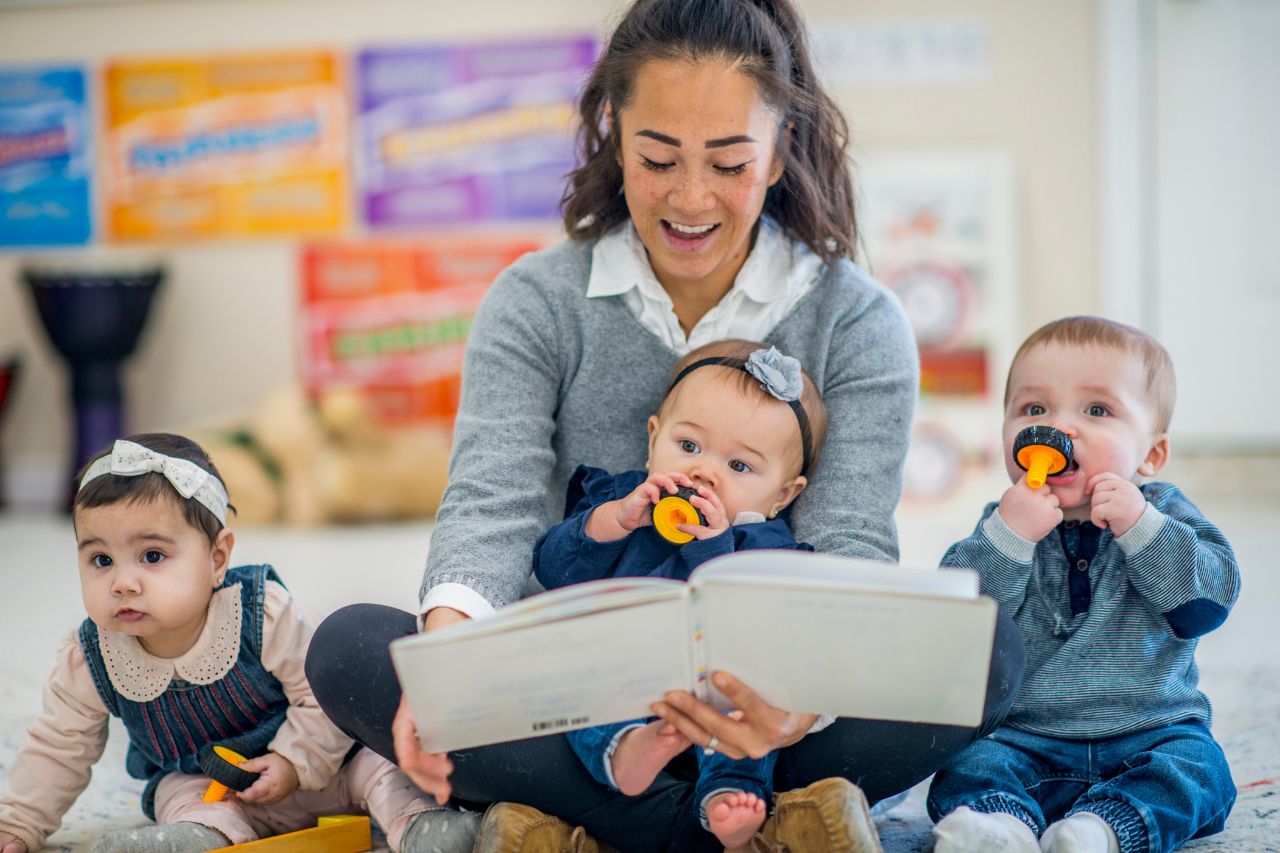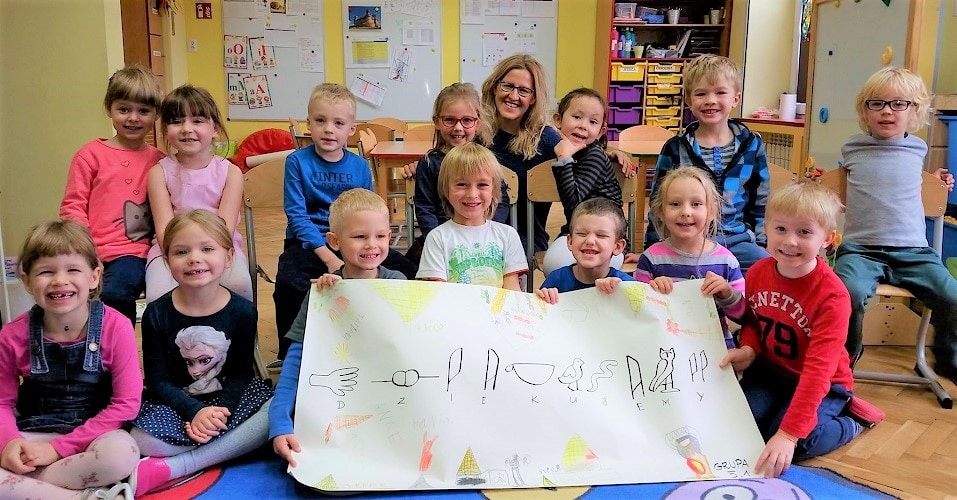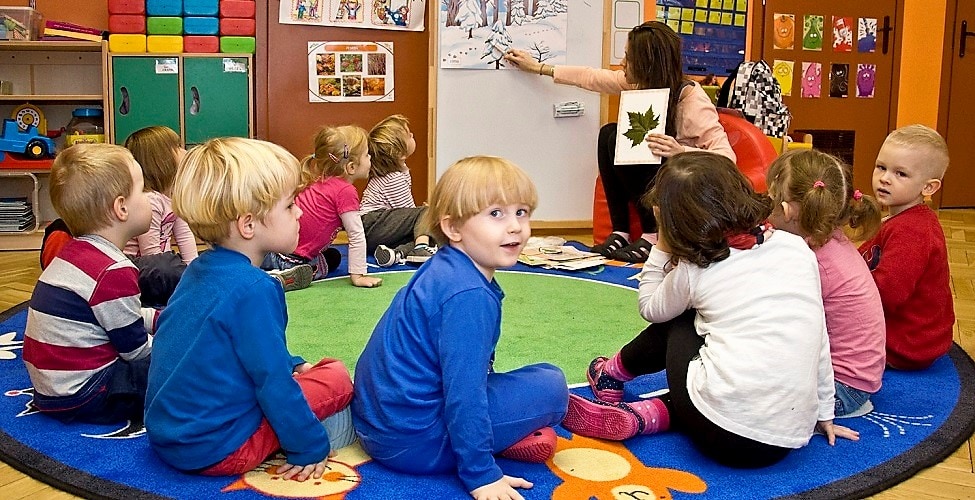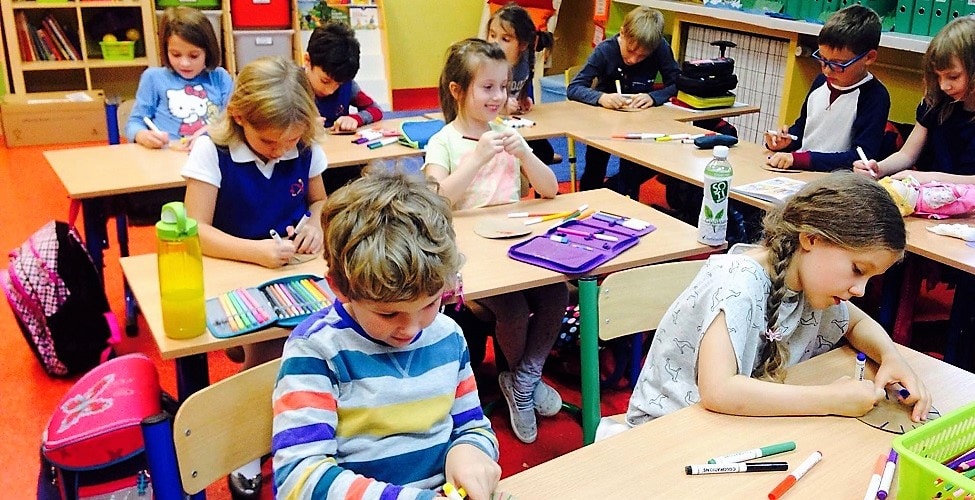Why Early Language Learning Is the Best Investment for a Child’s Future in the AI Era

In today’s fast-paced, AI-driven world, it’s easy to assume that translation tools and voice assistants make multilingual education obsolete. With a smartphone and an app, anyone can translate a sentence in seconds. But here’s the real question for parents and educators:
Is it still necessary for children to learn multiple languages when AI can translate for them?
The answer is a resounding yes — and not just for the sake of communication.
Early language learning offers lifelong cognitive, academic, cultural, and career advantages that technology simply can’t replicate. As AI reshapes the global economy, multilingual children will be better equipped to lead, create, and connect. The earlier they begin, the more profound the benefits. This is because learning a language goes way beyond the language itself. Here is why:
Cognitive Benefits: Language Learning Builds Better Brains
Scientific research consistently shows that learning languages early enhances neuroplasticity, the brain’s ability to form and reorganize neural connections. Children who are immersed in multiple languages during their developmental years demonstrate:
- Improved memory retention
- Superior problem-solving skills
- Greater cognitive flexibility
- Enhanced executive functioning
- Advanced critical thinking
Bilingual and multilingual children are better at multitasking, switching focus, and filtering out distractions — skills that translate to academic success and professional agility in tech-driven industries like artificial intelligence, engineering, medicine, and finance.
Language Fluency Powers Future-Ready Thinkers
The World Economic Forum’s “Future of Jobs Report 2025” identifies key skills for the coming decade: analytical thinking, active learning, creativity, and complex problem-solving.
Interestingly, these are the very skills nurtured by multilingual education. Children who learn languages from a young age often outperform peers in STEM subjects, score higher on logical reasoning tests, and display greater mental agility. That’s because language learning involves:
- Identifying patterns and structure
- Applying abstract reasoning
- Adapting to different contexts
- Developing cultural empathy
Multilingualism fosters a growth mindset, preparing children to thrive in dynamic, multicultural workplaces — including those shaped by AI.
English: The Global Language of Technology and Innovation
In the digital landscape, English dominates. It’s the foundation of:
- Programming languages
- Machine learning documentation
- Academic journals
- Tech blogs and forums
- Open-source software platforms
As Andrej Karpathy, former Director of AI at Tesla and a leading voice in machine learning, famously said:
“The hottest new programming language is English.”
This quote underscores a powerful truth — in the era of large language models and generative AI, natural language has become the new interface for coding, analysis, and problem-solving. Children who master English from an early age gain unrestricted access to:
- Coding tutorials
- AI toolkits
- International research
- Online collaboration networks
Fluency in English isn’t just a communication skill — it’s a passport to the digital economy. It empowers your child to code, create, and connect in global tech ecosystems, making it one of the most essential languages of the future.
English is a must-have tool, but what really makes the difference are all other than English languages that allow you to thrive in the world diversified cultures and places. Like Chinese for example.
Chinese: A Strategic Asset in Global Business Leadership
While English is the language of innovation, Mandarin Chinese is the language of economic power. With over one billion native speakers, Mandarin is the most spoken language worldwide. And as China maintains its position as the world’s second-largest economy, Mandarin is becoming increasingly important in:
- International trade and finance
- Business negotiations
- Diplomatic relations
- Cross-border entrepreneurship
Top global universities now reward students for demonstrating HSK-level proficiency in Mandarin, and employers value candidates who can operate across cultures. Children who start learning Mandarin early build business acume, global awareness and interpersonal intellingence.
Mastering both English and Chinese gives your child a strategic advantage in an increasingly globalized world. And due to the tonal character of Mandarin you can learn Chinese as a native only at a nursery age (1-2 years olds).
Why AI Translation Tools Can’t Replace Human Communication
AI has made impressive strides in natural language processing — but translation tools still fall short in capturing the full meaning of human conversation. These tools often miss:
- Emotional tone
- Cultural nuance
- Sarcasm and humor
- Subtle connotations
Real communication is relational, not transactional. It’s about empathy, trust, timing, and context. Language learners develop the emotional intelligence and interpersonal skills that machines can’t replicate. In leadership, education, diplomacy, and creative industries, these human-centered skills are irreplaceable.
Why Start in Nursery? The Power of Immersion and Play
Between birth and age six, children’s brains are neurobiologically optimized for language absorption. This “critical period” is when learning a second or third language is easiest and most effective — especially through immersive, play-based methods.
At the International Trilingual School of Warsaw (ITSW), children are immersed in a multilingual environment using the OPOL method (One Person, One Language). Each teacher consistently uses one language, ensuring that children develop fluency in all three without confusion.
Language learning at ITSW is:
- Fun and intuitive
- Emotionally enriching
- Rooted in real-life experiences
- Delivered through stories, music, and games
This ensures natural fluency and positive emotional connections with each language — the foundation for lifelong learning.
In a world where AI can automate tasks and generate content, creativity becomes a child’s greatest asset. Studies show that bilingual and trilingual children exhibit higher levels of:
- Divergent thinking
- Idea generation
- Open-mindedness
- Innovation
These children become natural design thinkers, capable of approaching problems from multiple perspectives, synthesizing complex information, and working collaboratively across cultures.
Creativity, combined with linguistic and cultural fluency, ensures they remain future-proof in a world of automation.
Learn more: Why do babies learn languages better than adults? The latest research explains the puzzle
The International Trilingual School of Warsaw (ITSW) educational offer
ITSW offers one of Europe’s most advanced and holistic trilingual education programs, empowering children to thrive in an AI-powered, globally connected world.
Choose From Language Combinations:
- English, Polish, and Spanish
- English, Polish, and French
- English, Polish, and Japanese
- English, Polish, and Mandarin Chinese
Why Families Choose ITSW:
- Trilingual immersion from nursery using OPOL methodology
- Native-speaking teachers trained in child development and language pedagogy
- Integrated curriculum with AI, robotics, and coding from early years
- Multicultural classrooms that foster empathy, curiosity, and confidence
- Safe and stimulating environment with a strong academic foundation
At ITSW, your child doesn’t just learn languages — they grow into a confident, creative, and globally aware citizen.
Learn more: Is it Worth Enrolling a Child in a Language-focused Preschool?
A Lifelong Advantage: Language as a Tool for Leadership
Multilingualism is more than a skill — it’s a lifetime advantage. Children who grow up speaking multiple languages:
- Think more clearly
- Learn more easily
- Adapt more quickly
- Connect more deeply
They’re better prepared to navigate complexity, lead with empathy, and seize global opportunities.
AI can simulate language. But only humans can connect, inspire, and lead through it.
Give your child the ultimate edge in life: early trilingual education, cognitive excellence, and creative leadership — only at the International Trilingual School of Warsaw.
Ready to unlock your child’s full potential in the AI era?
Read more: Language pre-school – what are the advantages of multilingual education?



